PAUL WILLIAMS THANKS ARI KAHAN ONSTAGE AT FANTASIA
"HE FOUND THE FOOTAGE - HE HAS RECONSTRUCTED PHANTOM OF THE PARADISE"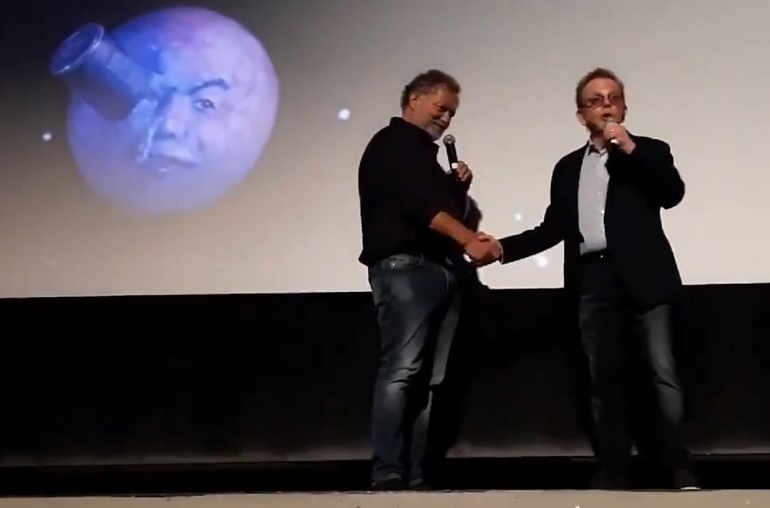
During the Q&A portion of last night's 45th anniversary screening of
Phantom Of The Paradise at
Fantasia Fest,
Paul Williams thanked the
Swan Archives'
Ari Kahan onstage for his efforts in restoring the film's original footage. Fantasia Fest
shared a video of the onstage moment on Twitter.
"So," Williams tells the audience as he and Kahan stand on the stage together, "one of the things that Ari did, is, he managed to find the footage that was replaced. We thought it was lost forever, but he found it. I think that was your doing, right? [applause] And he found the footage. He has reconstructed Phantom Of The Paradise with all the original [footage]. So there is this absolutely pristine version of the film, exactly the way that Brian De Palma wanted you to see it. And, we're trying to get permission to now, once again, display all of it. That's the kind of archivist that Ari is, and it's terrific." [applause]
A couple of days ago, just before the start of Fantasia Fest, where the documentary Phantom Of Winnipeg was about to have its world premiere, Williams wrote the following on his Instagram page:
I’ve said it before and I’ll say it again. The enthusiastic fans of Winnipeg are partly responsible for the life and career I have today. Where do you go to find a PR firm or press agent that will remain enthusiastic about a film for 45 years ... singing its praises to anyone who will listen. You go to Winnipeg. With Peggers on your side ..all things are possible! 😝 See you in Montreal! Grateful…❤️🙏🏻🌈i
On it's Facebook page, Fantasia Fest has posted the entire intro and post-screening Q&A from Friday night's world premiere screening of Phantom Of Winnipeg. In the video, shot by Eric St-Cyr, Paul Williams asks the filmmakers how they came to know Phantom Of The Paradise. Malcolm Ingram talks about catching it as a kid in 1979 and the impact of seeing Winslow's face traumatically burned in the record press, feeling like he shouldn't be seeing this. And then, even though he feels he was probably still too young to be watching these movies, he started following De Palma's work, seeing Dressed To Kill and Blow Out when he was still a kid. Sean Stanley, meanwhile, says he was working at a video store, and fell in love with De Palma's films, watching all of them, "and then when 'Goodbye, Eddie' came on, I stopped. And then for the next six months, every single person that came over to my house, I was like, 'You gotta see this. You gotta see this.'"
EBERT.COM REVIEW - PHANTOM OF WINNIPEG "CONSISTENTLY DELIGHTFUL" LOOK AT BIRTH OF A COMMUNITY
Rogerebert.com's Nick Allen was at the Fantasia Fest world premiere of Phantom Of Winnipeg Friday night, and writes about the doc, as well as a bit about the event:
Brian De Palma’s “Phantom of the Paradise” was not a hit when it came out in 1974, released to mild reviews and an even more unforgiving box office. At least, that was the case seemingly everywhere in the world except for the Canadian hub of Winnipeg, where “Phantom of the Paradise” became a fixation for seemingly any ‘Pegger (as they’re called) that had a feel for the crazy rock ’n roll in De Palma’s film. As other movies came through the city, “Phantom of the Paradise” would linger, and play shows week after week after week. A whole batch of impressionable, outsider kids were never the same, and the movie inspired them to become musicians, or to see a part of themselves they hadn’t. Canadian filmmaker Kevin Smith speaks in this movie about how these “phans” are such a select, intense bunch that they might as well have been part of an alien experiment. Watching these men and women talk with giddy smiles about “Phantom of the Paradise,” like cult members dedicated to a bonafide oddity, he’s onto something.
So goes the story of Malcolm Ingram and Sean Stanley’s documentary “Phantom of Winnipeg,” a consistently delightful collection of life stories where loving “Phantom of the Paradise” is at the center. We get to hear from many different individuals (not given title cards, making them memorable faces in a pool of a shared love), and they share not just stories of watching the film dozens of times, or of meeting their heroes. They also show off their signed vinyl records, merchandise, and even replicas of the Phantom's helmet, which had to be homemade when "Phantom" fever had first taken over Winnipeg.
Fear not if you haven’t seen “Phantom of the Paradise,” or if you do not share even a tenth of the admiration for it that these people do. The power in this documentary—right from the start—is that Ingram and Stanley celebrate the very specific chapters of their fandom, and immerse us in their geekiness while showing the sense of community. Like the most genuinely touching of films about anyone’s life, this focus then makes it universal. The passion that all of the subjects have for this movie becomes any viewer’s joy, especially as the directors seem to have an indispensable amount of stories about the power that “Phantom of the Paradise” has.
"Phantom of Winnipeg" isn’t so much about a fan community as the birth of a family, one that includes stars Paul Williams, Gerrit Graham, and Peter Elbling—they speak extensively in the film, about what this love for “Phantom” means to them, and how it lead to a gorgeous, symbiotic relationship. To see Elbling perform on stage alongside fans with the same zeal as anyone else in the room is a powerful sight, and one of many ways the documentary surpasses hagiography with its genuine touch.
Perhaps the biggest name involved with the original movie that does not speak in the film is Brian De Palma, but as crazy as this may sound, you won’t miss him—this is a story about the life “Phantom of the Paradise” had after, the meaning a text took on after its followers have passed it around; “Phantom of Winnipeg” is not so much about the ideas that birthed it, or the process of creating it, but the meaning it has to people for decades ongoing. This documentary's strong focus helps catapult the filmmaking through some shoddier-looking passages—even the collection of talking heads feel like a strong directorial choice, as you just want to listen to these people geek out. With its constantly delightful nature, it’s a universally appealing testament to how loving a piece of art—and in this case, both a soundtrack and a movie—is one of the most special connections any human being can have.
Attendees at Friday night’s world premiere of the documentary at Fantasia got to witness this love firsthand. Not only were the subjects in attendance, sitting in the front row, but Paul Williams was there as well, speaking about how the documentary came together, but more importantly about the legacy of the movie. He also stated that he hopes the story of "Phantom of the Paradise" lives on in new versions, and already had a director in mind: Edgar Wright.
Saturday night at Fantasia featured a special retrospective screening of "Phantom of the Paradise," with Williams, the 'Peggers, and producer Ed Pressman in attendance. Pair that with "Phantom of Winnipeg," and the legacy of "Paradise" comes full circle. As one of the highlighted “Phantom” fans stated regarding the decades they loved the movie: “We all saw Paul. Now he’s watching us.”
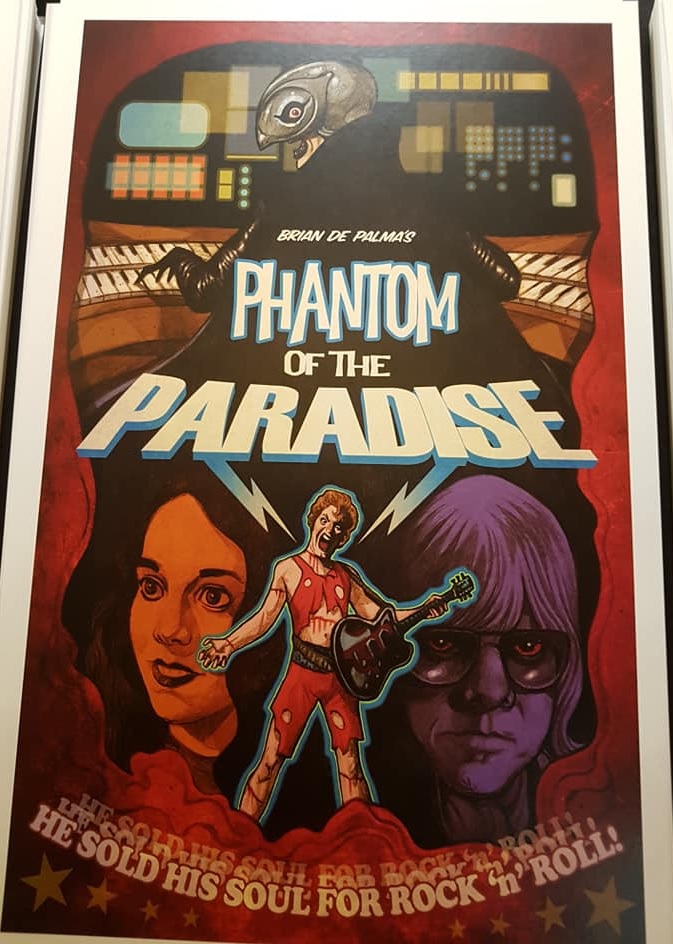





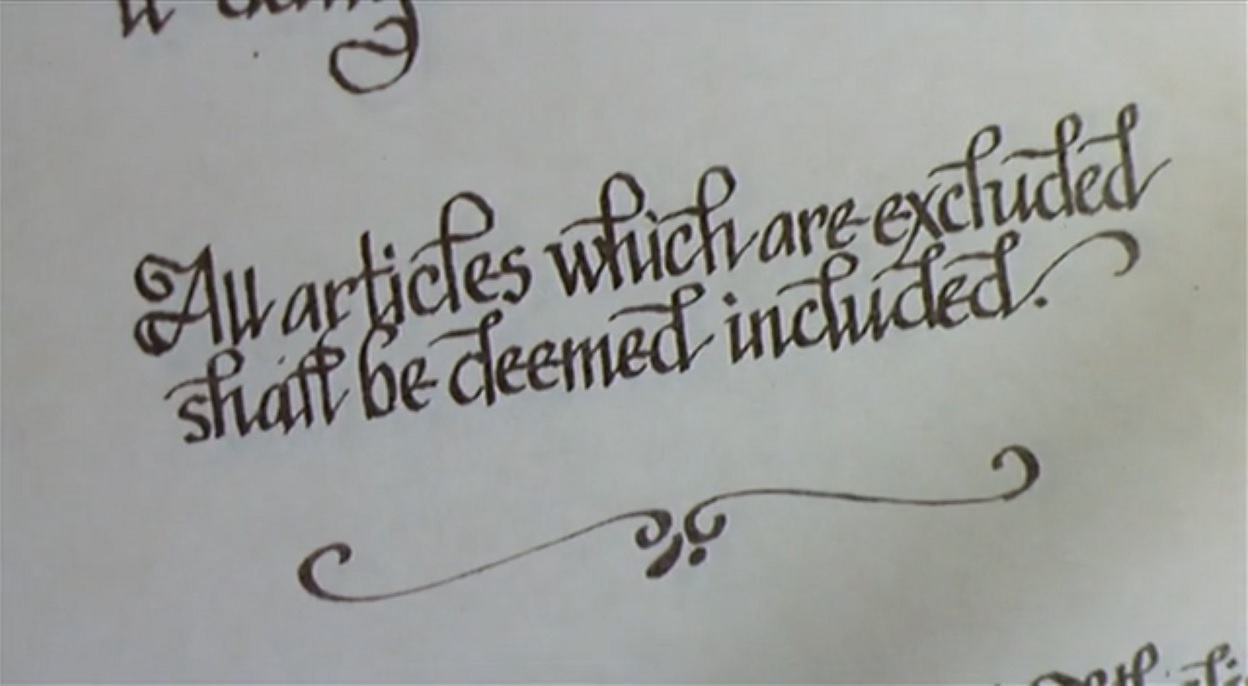
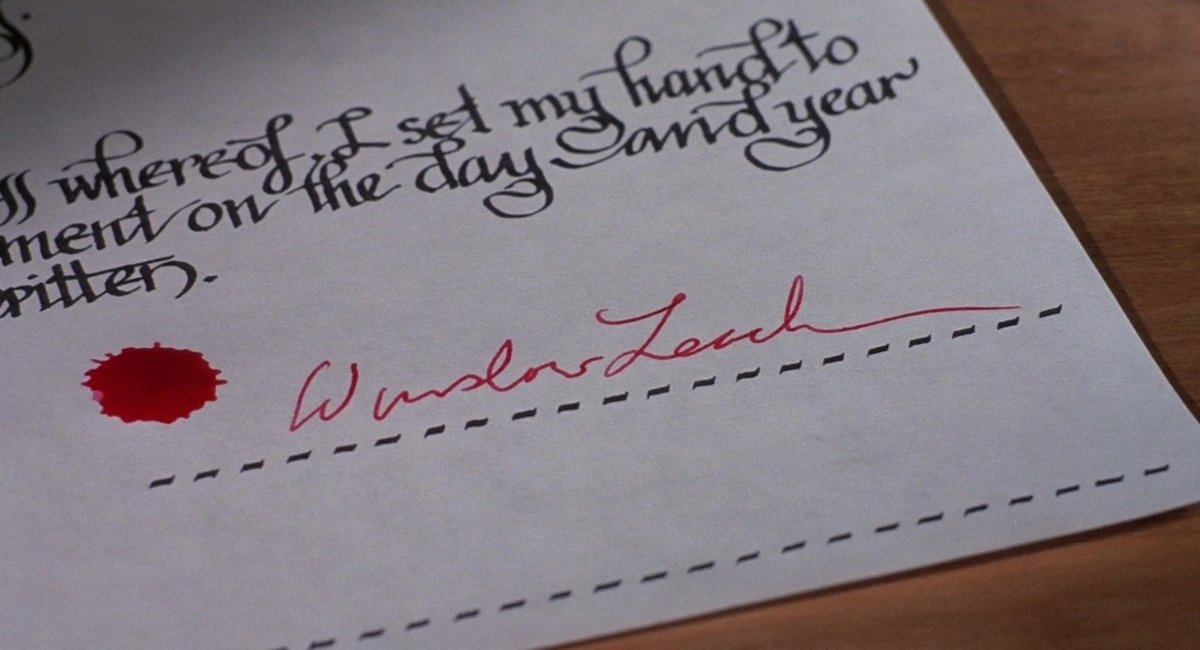
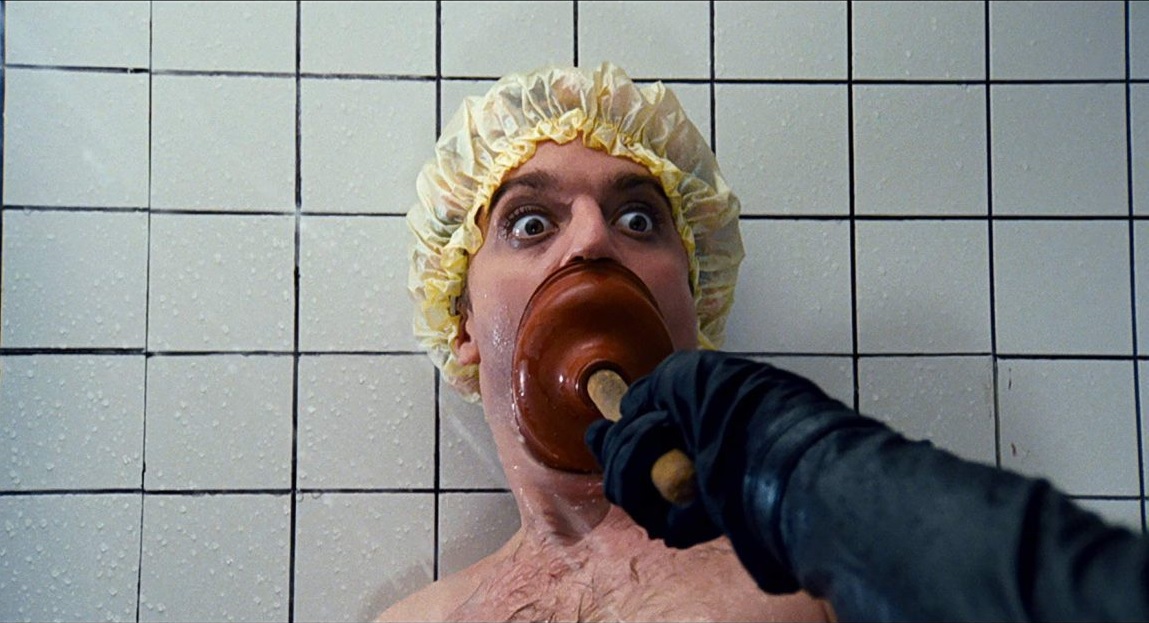
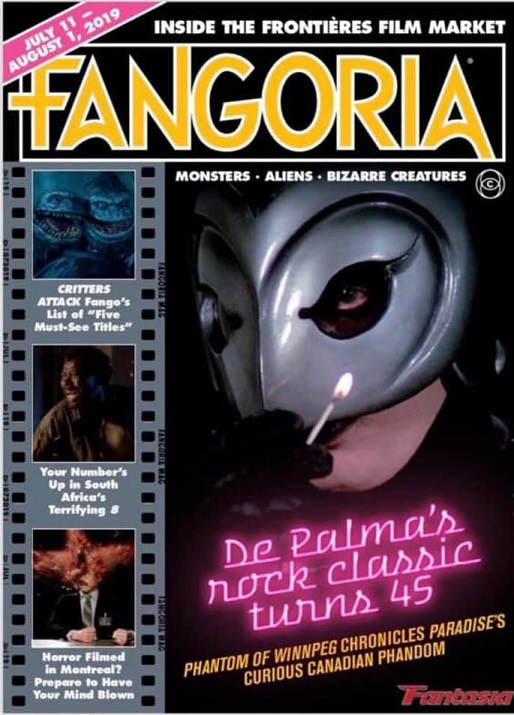
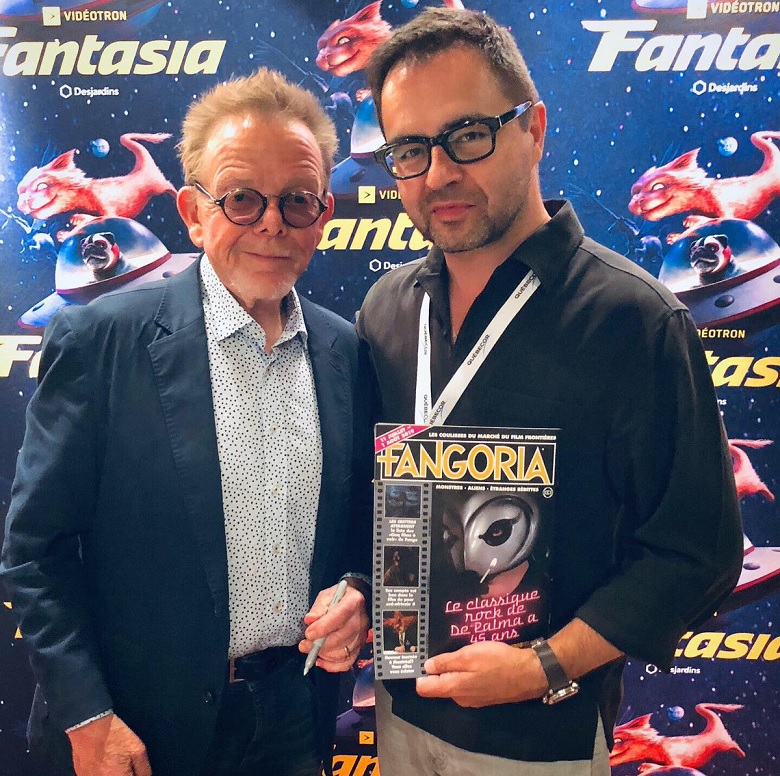
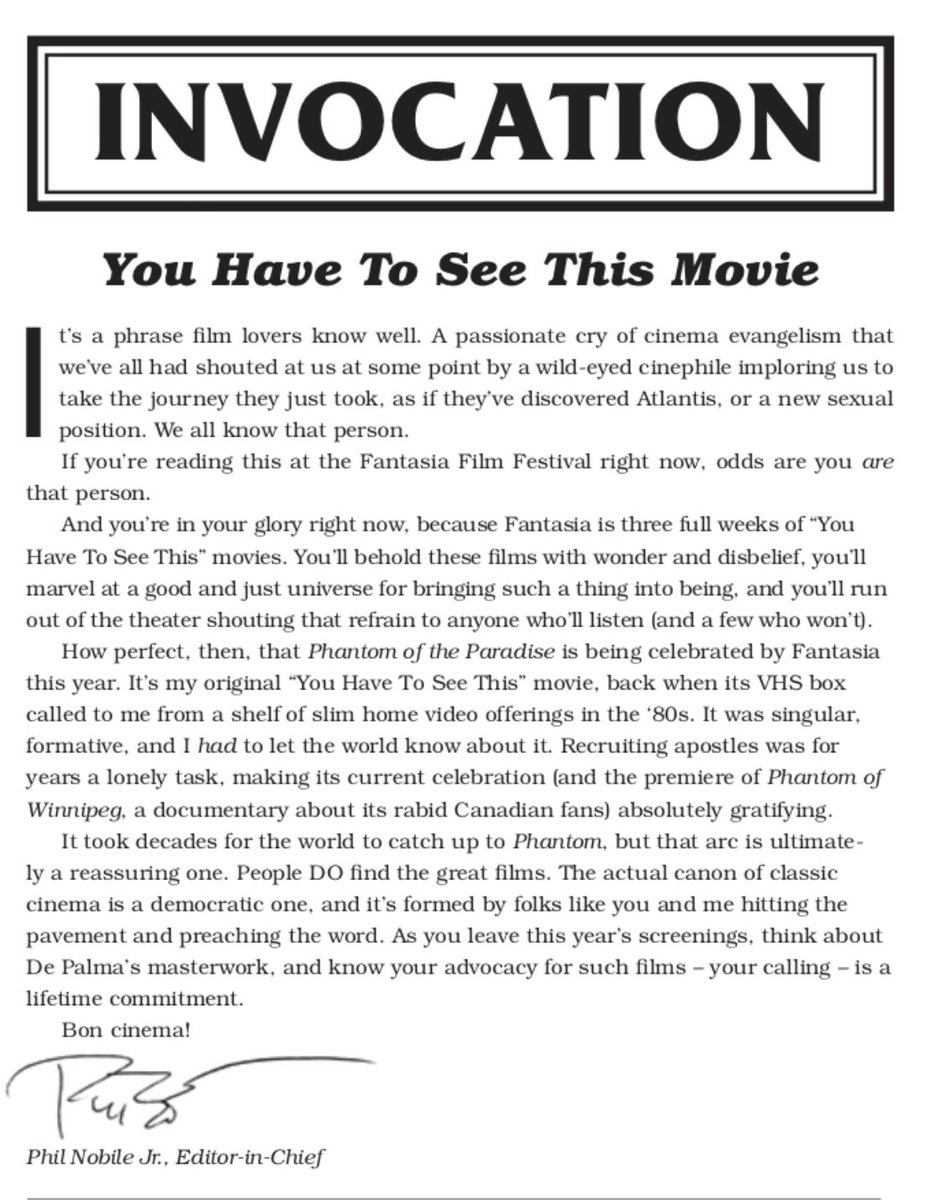

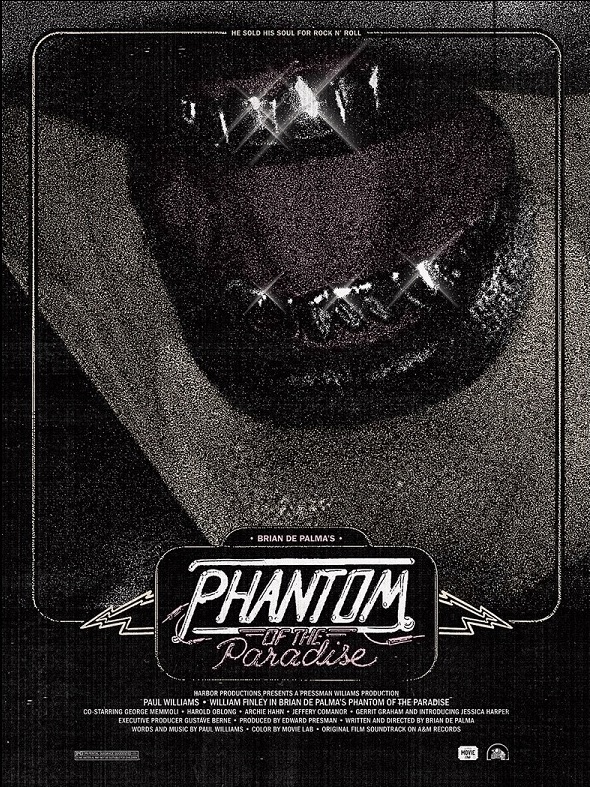 Brian De Palma's Phantom Of The Paradise will screen from a 35mm print at midnight Friday, July 19th, as part of the
Brian De Palma's Phantom Of The Paradise will screen from a 35mm print at midnight Friday, July 19th, as part of the 
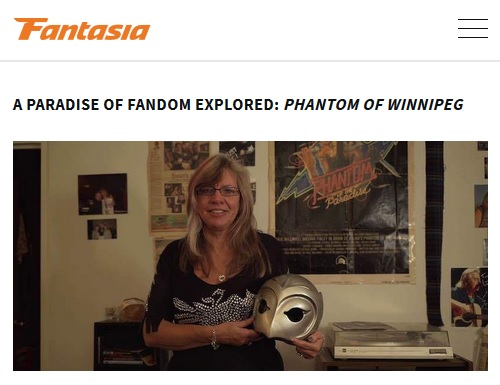 A couple of weeks ago,
A couple of weeks ago, 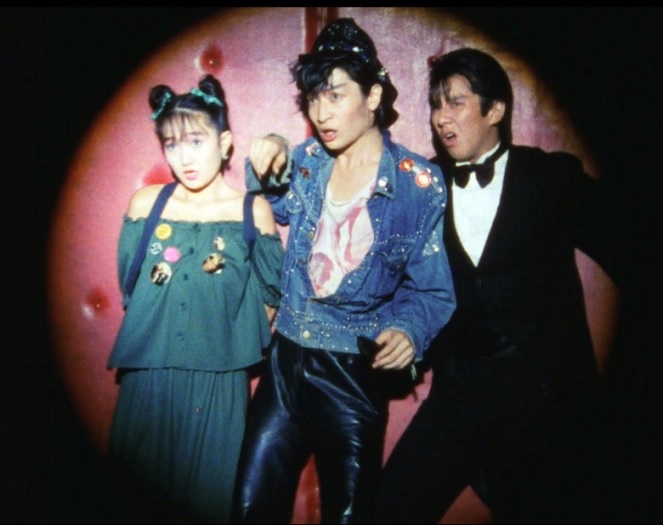 The Legend Of The Stardust Brothers is a Japanese musical that bombed commercially upon its initial release in 1985, but has taken on cult status throughout the years since. According to an article the other day by
The Legend Of The Stardust Brothers is a Japanese musical that bombed commercially upon its initial release in 1985, but has taken on cult status throughout the years since. According to an article the other day by